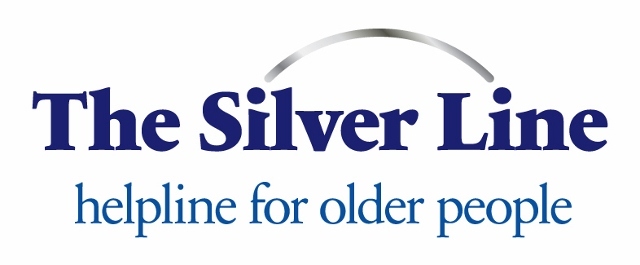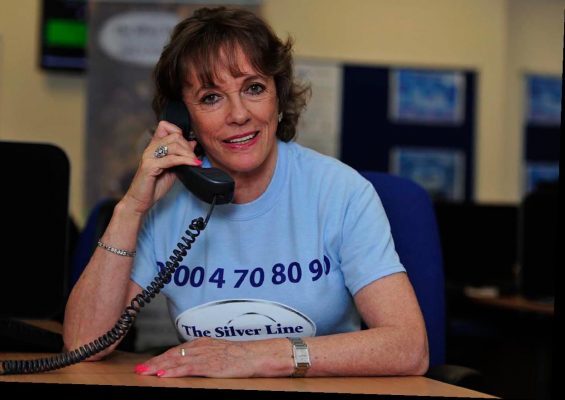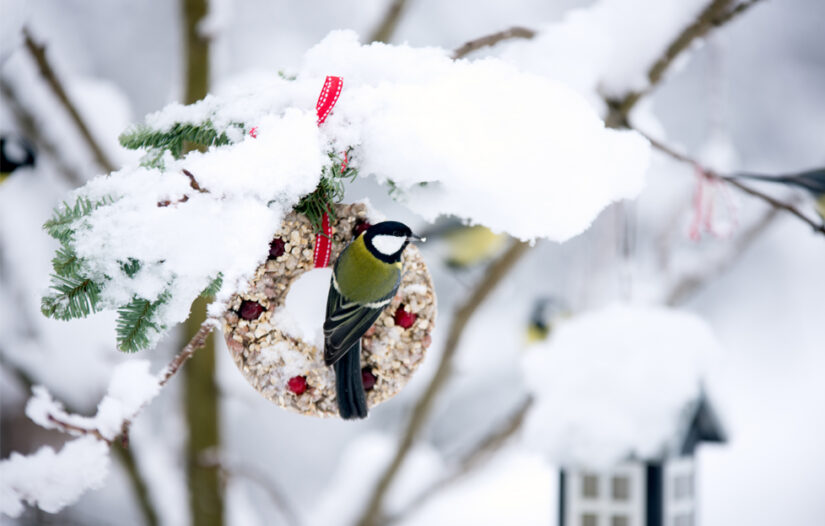
There is an epidemic of loneliness among older people in this country. It’s an epidemic hidden by stigma, pride, and the desire not to be “a burden”, and it affects more than one million older people, from all kinds of backgrounds. These are the generation who have lived through tough times, used to being relied upon as they brought up their own families and held down responsible jobs. Some served during the war, others helped run clubs or voluntary organisations. Now, as they have grown older, many find that living alone and isolated means they can go for days on end without speaking to another person. Loneliness is dangerous; it damages health more severely than smoking 15 cigarettes a day, or obesity. But this is the “stiff upper lip” generation, who are often reluctant to admit even to their families that they are lonely.
I know something about this. When my husband died, our children moved out, and I downsized from our family home, I found myself very lonely. I believe loss is one of the major causes of loneliness; it may be bereavement like mine, or loss of mobility, loss of friends or family, even loss of the driving licence which results in a loss of independence. Whatever the cause, the stigma is so great that when I described it in a newspaper article, a very good friend rebuked me. “How could you write about something like that? Haven’t you got too much pride?” I wasn’t too proud to admit it, but many older people are.
More than half of all seventy-five-year-olds in the UK live alone and one in ten suffers “intense” loneliness but is reluctant to ask for help. That’s why I founded the Silver Line, the free, national, confidential helpline open every day and night, offering information, friendship and advice to older people, which launched in November 2013. Anyone can ring the helpline any time, to ask for help, to share a memory, or express feelings they cannot confide in anyone else.

In addition to the helpline, we have Silver Line Friends, volunteers who regularly ring an older person once a week. Many Silver Line Friends are themselves older. I recently spoke to a brilliant Silver Line Friend who is ninety-one, befriending a caller of eighty-six. I knew it would be a vital service. More than half the helpline callers tell us there is absolutely nobody else they can have a conversation with. As one lady said, “I’m calling to practise using my voice.” When another caller told us he was planning to go out and buy some tea in the morning, then some milk in the afternoon, we asked why he didn’t get them both at the same time. “Well,” he said, “this way I get to speak to two people.” The most revealing question we ask when we suspect that a caller is isolated and lonely is, “When is the last time you had fun?” And we discover that many older people admit that they haven’t had fun for a very long time, or tell us that “fun is just for young people.”
At the Silver Line we think everyone has the right to have fun, so if you visit our helpline or listen in to our group calls, the sound you will hear is laughter, as we share jokes, and memories. And the results? As one caller told us, “When I get off the phone I feel like I’ve joined the human race”, and another said, “It’s not just a phone line, it’s a life line. You know somebody cares about you.” And we do. We have found a way to reach out to proud, independent older people; they tell us it transforms their lives because they know someone cares about them, and it gives them something to look forward to.
But we need your support to keep going, whether that’s to make a donation to pay for the phone calls, or to volunteer as a Silver Line Friend. We cannot continue without help from friends like you. So please help the Silver Line to reach out to people who need to feel they are valued, that somebody cares about them, who need conversation and, perhaps even more, need a bit of fun in their lives.You can get more information at www.thesilverline.org.uk
We also spoke to:
Silver line Volunteer Lionel &
Silver line caller Zillah




